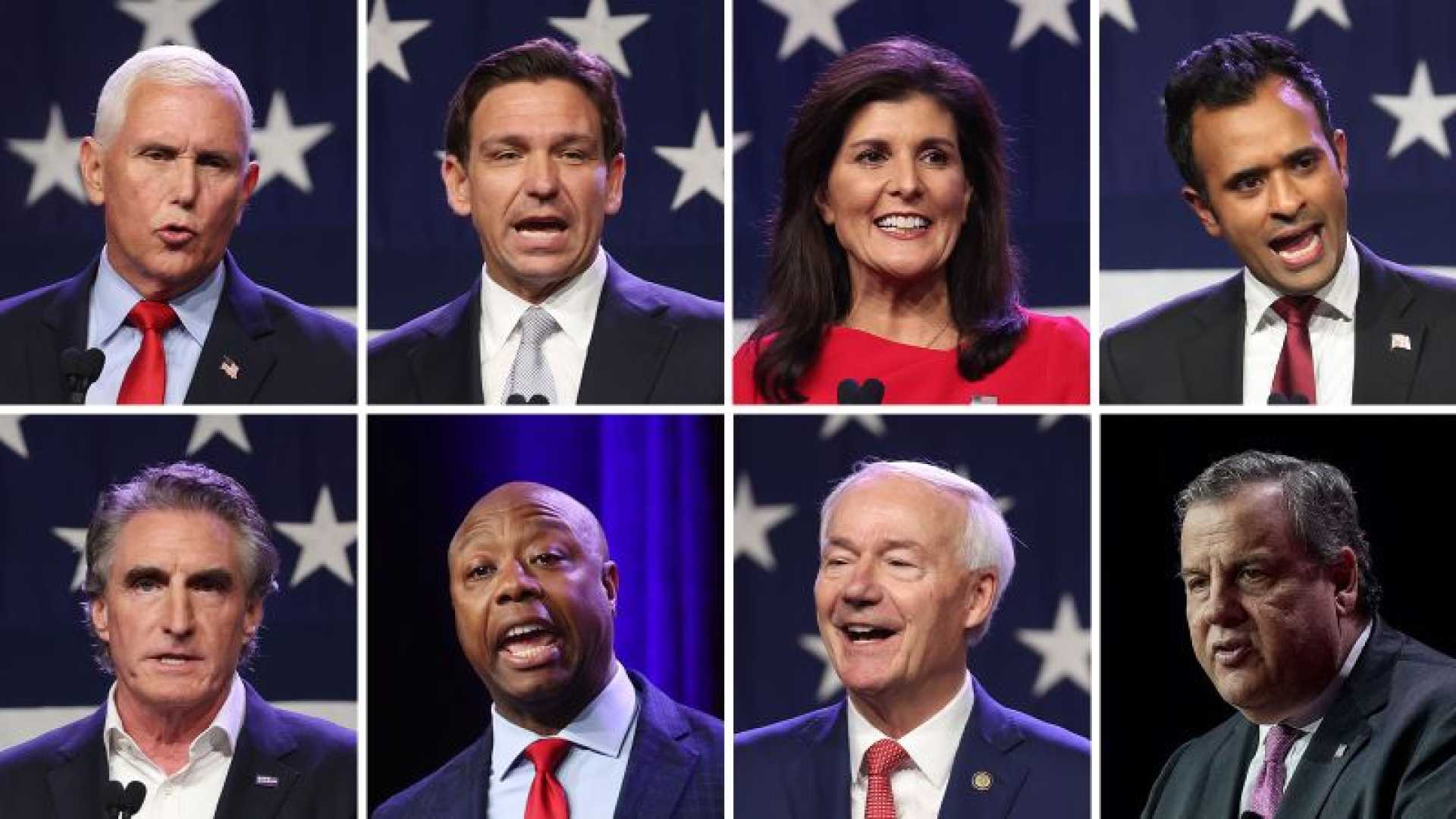Politics
Liechtenstein’s 2025 Election: A Tight Race for Coalition Power

VADUZ, Liechtenstein — On February 9, 2025, Liechtenstein will elect a new Landtag, with 25 parliamentary seats up for grabs across two electoral districts. The election is shaping up to be a tightly contested race, with the two dominant parties, the Progressive Citizens' Party (FBP) and the Patriotic Union (VU), vying for coalition power alongside smaller opposition parties, the Free List (FL) and Democrats for Liechtenstein (DpL).
The FBP and VU, which have dominated Liechtenstein’s political landscape for decades, have each nominated three candidates for the five-member government, signaling their intent to maintain a coalition while leaving room for a smaller partner. However, the opposition parties are eager to break the status quo. The DpL has nominated two candidates for a minority role in the government, while the FL has hinted at its willingness to join if the opportunity arises.
The spotlight is on the race for the position of head of government, with two fresh faces competing: Brigitte Haas of the VU and Ernst Walch of the FBP. Haas, a political newcomer and managing director of the Chamber of Commerce, represents a break from traditional political experience. In contrast, Walch brings decades of political expertise, having served as a parliamentarian, foreign minister, and parliamentary president.
The election is also notable for its gender dynamics, with Haas being the only female candidate for head of government. This marks a significant moment in Liechtenstein’s political history, as the country has yet to elect a woman to this position.
Both major parties emphasize economic growth and business-friendly policies in their platforms. The FBP advocates for a social market economy, while the VU focuses on regional cooperation and strengthening ties with neighboring countries like Switzerland, Austria, and Germany. Meanwhile, the smaller parties, FL and DpL, are pushing for more radical changes, including environmental sustainability and direct democratic reforms.
As the election approaches, the key question remains: Will voters prioritize political experience or opt for a fresh perspective at the helm of Liechtenstein’s government?












